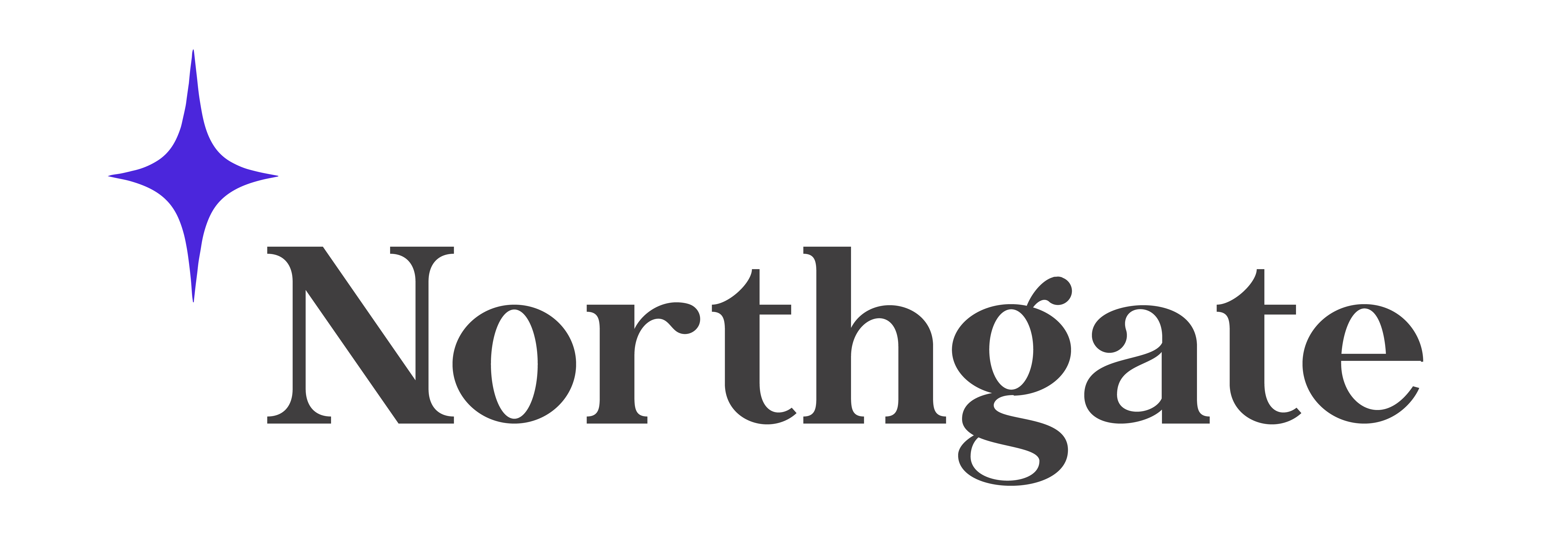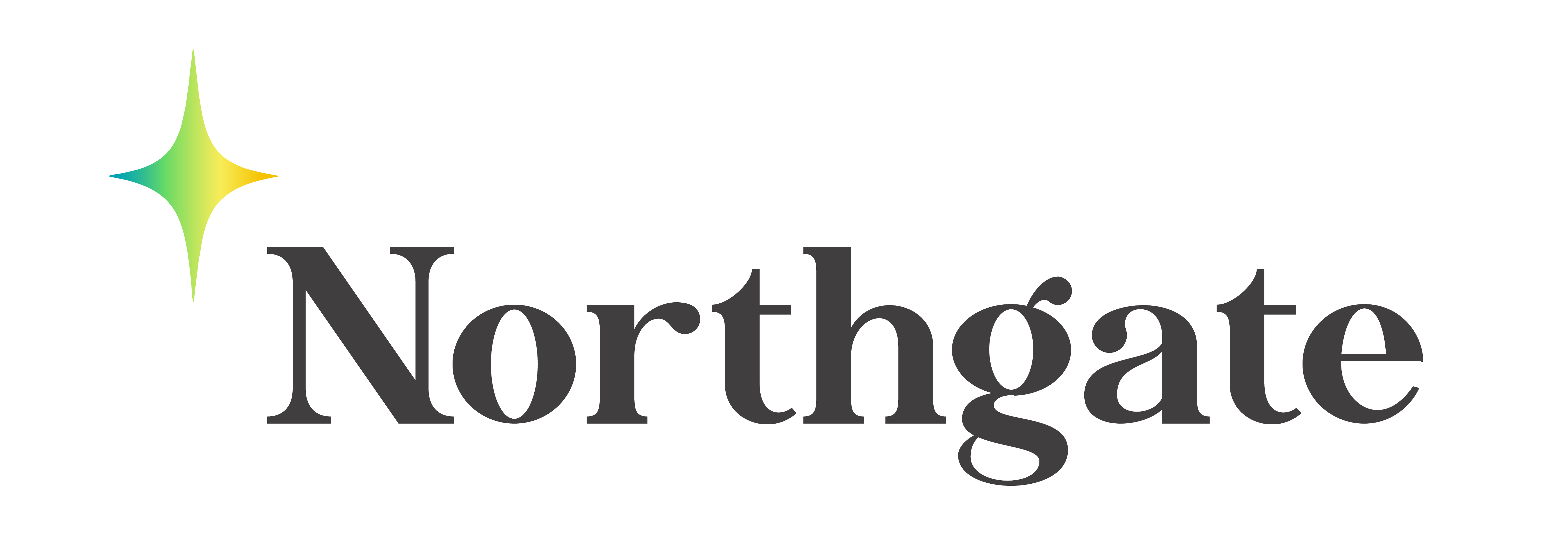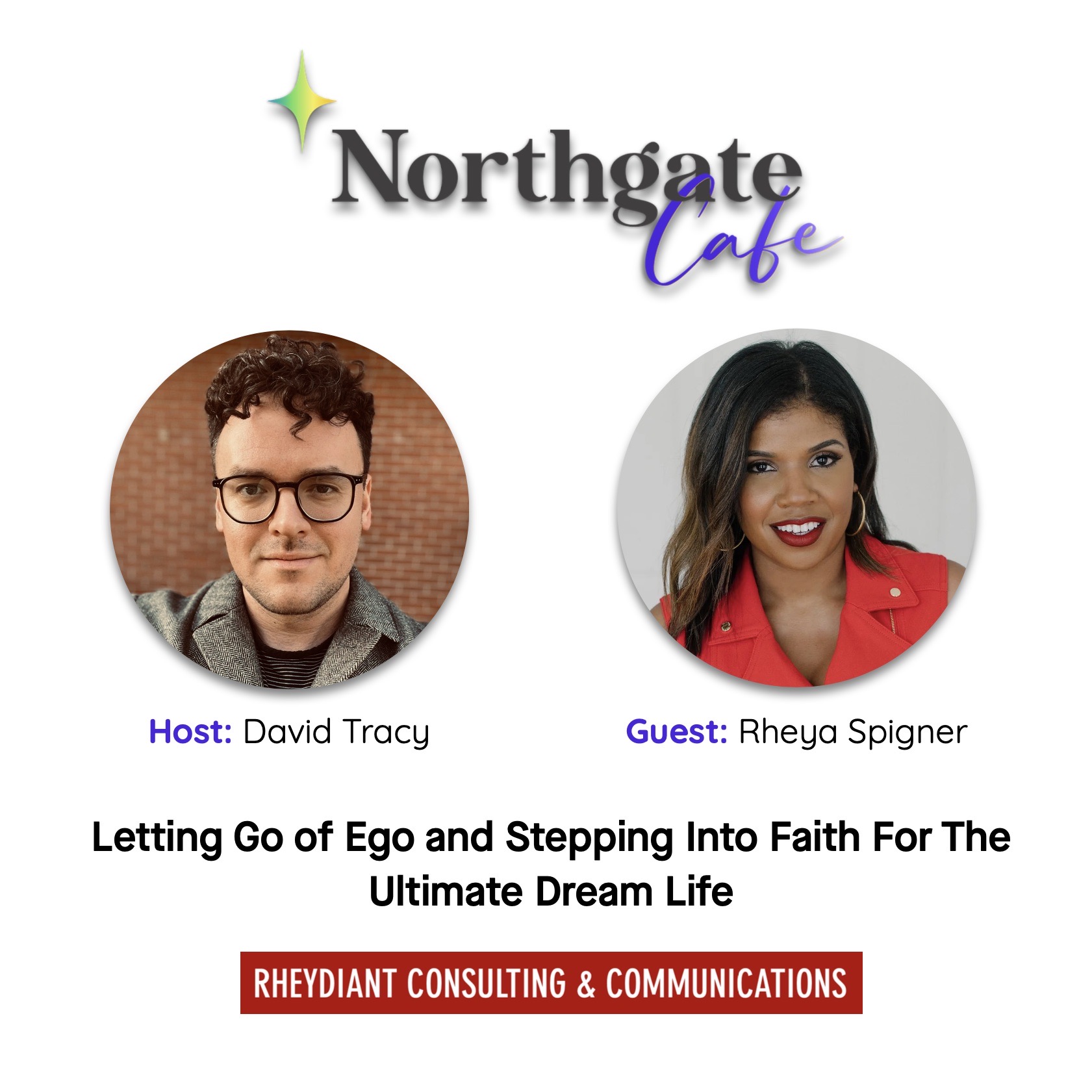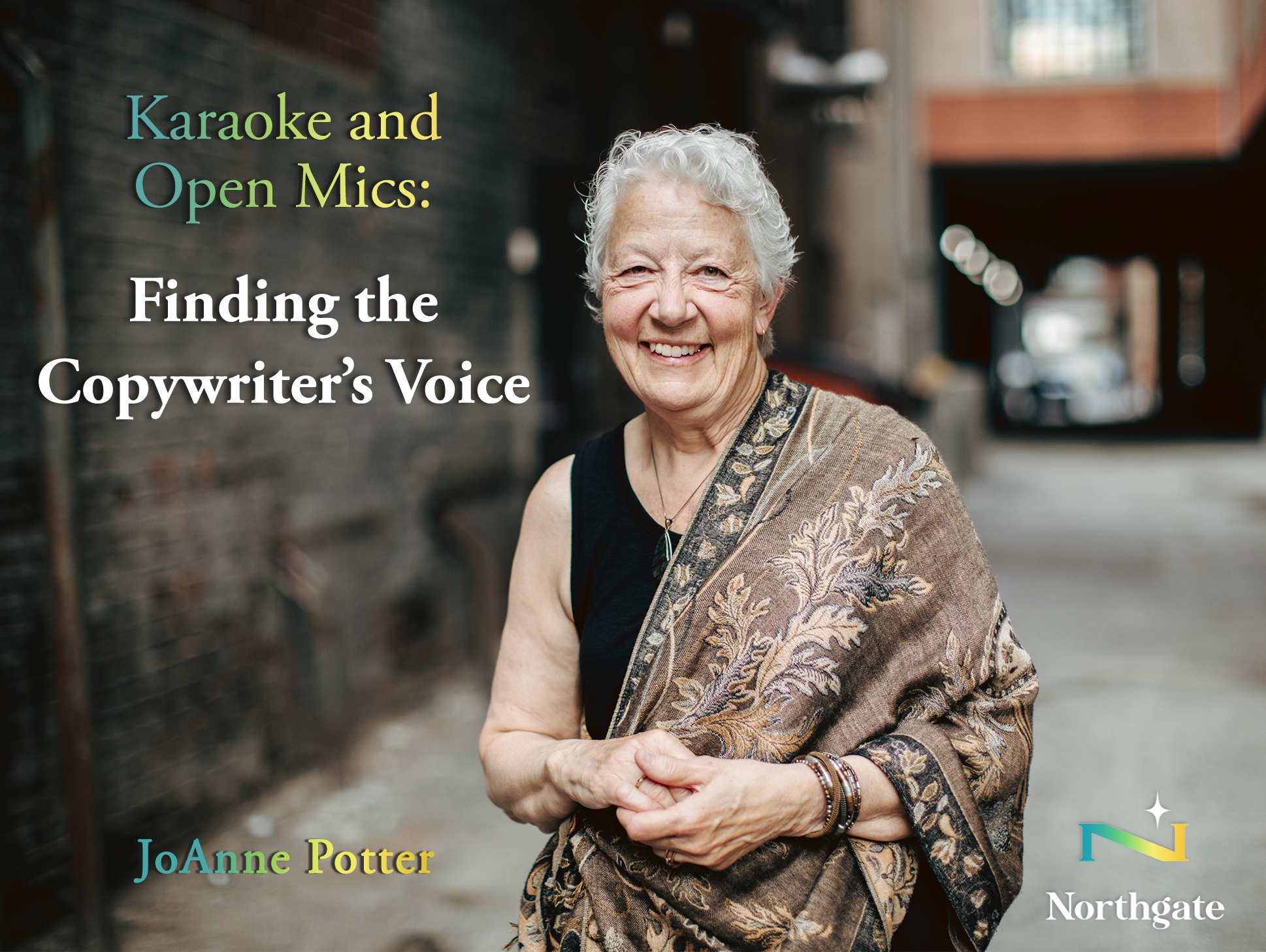
How To Find The Copywriter’s Voice | Karaoke and Open Mics
Finding the Copywriter’s Voice
Every writer has a voice. We all have arrangements of nouns, verbs, transitions, and modifiers that just come naturally. It’s how we sound. It’s our voice. Blog and website copywriters are no different except, with us, copywriting isn’t the place we hone that voice. It’s the place we abandon it.
That’s right. Copywriting isn’t the place to practice for the Great American Novel. It’s not a place for poets to emote or storytellers to expound, either. It’s not even the place to adhere to the old adage, “Write what you know.” Copywriters don’t do any of that.
What Copywriters Really Do
I’d already been writing semi-professionally for more than twenty years when I read at my first open mic. My friends owned the coffee house, it was a safe place, and the reading was just a kind of boondoggle. I did it for fun. I didn’t expect to learn anything, but I did.
I read a couple of poems that got polite applause, and then a short piece about the long-standing sibling tension in my family that got a much more enthusiastic response. Afterwards, one of the guests came up to tell me that he’d experienced a similar situation in his own family, but “I never had the words to express what it felt like. You did.”
I never had the words, but you did.
That was the day I understood what my job as a writer was.
The Great Writers’ Lie
Now that I think about it, I don’t know where we get the idea that our lives and experiences are interesting to anyone but ourselves. Your friends or kids might have some interest once in a while, but, honestly, hardly anyone really cares what we think. That’s why “Write what you know” doesn’t work.
Readers and listeners do, however, care a great deal about their own lives and experiences. If we strike a chord with audiences, it is when we can use our talent to take them to a place they recognize. If we can use our voice to describe what they’re feeling and experiencing, they are validated. They are being heard. More than anything else, this is what readers want.
This is also, by the way, why so many people like karaoke. Most people know they can’t sing like Beyonce or Bruno Mars, but karaoke gives them a chance to feel like they can. We write and sing because we want to, sometimes have to, let out how we’re feeling, and these are the means we’re given.
The Proof
Over the next few years, I tested this theory. I read at a number of other open mics and, without exception, the pieces people related to were the ones that were either about actual people in attendance or about experiences audience members shared. Every time. Just as I suspected. No matter how perfect and pleasing the words, they didn’t want to hear about my experiences. They wanted to hear about their own.
Copy in Marketing
Dial forward a few years and I’ve become a professional marketing copywriter. Though still a freelancer, I work most days for Northgate Marketing, a Des Moines-based marketing agency owned by my good friend, David Tracy.
I never wanted to be a marketer, envisioning them to be a crew of shifty-eyed charlatans, conniving and distorting for a living. David, however, knew me well enough to make me an offer I couldn’t refuse. “I want you,” he said, “to interview interesting people and write inspiring articles about them.” I said I would, and he’s made good on his offer.
That’s when I reached back into my toolkit and drew out the reminder of how most people judge good writing. They read what writers write with one hand on the copy and the other holding a mirror, looking for themselves. When they find themselves, the writing is good. When they don’t, it isn’t.
Why Reflection is Important
As copywriters, we are not paid to write about ourselves. Our opinions don’t matter. Our experiences don’t matter. Our voice – the one we’ve worked so hard to develop – doesn’t matter. Instead, we are paid to reflect the client on whose behalf we’re working. We are paid to tell their story from their point of view.
When I write a home page or blog post for a client, I am doing something very personal. I have to get into their skin and look through their eyes. I have to see the world the way they do. My words are their introduction to the clients they want to meet. Their clients don’t want to get to know me. They want to know them.
Why Reflection is Difficult
This should be obvious, but isn’t. It’s almost impossible to be completely impartial, to disappear behind someone else’s words. After all, our experience and style are what have gotten us this far. To a great degree, we are good writers because our words carry a weight beyond their mechanics, a weight we’ve given them through hard practice.
Copywriting asks something else from us. Blog and website copywriting in particular require tools other than the ones we’ve developed so far, and we need to wield them without becoming mechanical about it. Our client’s humanity needs to come through more clearly than our own.
Just Talk
Writers are often solitary by nature but in practice, getting to know my clients well enough to write about them is the favorite part of my job, and I do it by sharpening my interviewing skills and just letting them talk. Want to know how I did it? Well, more than anything else, I did it by listening to NPR and some of the best interviewers on the radio: Terry Gross from Fresh Air, and until 2018, Robert Siegel, from All Things Considered.
It turns out that being a good interviewer isn’t all that hard. It’s all about asking good questions and then listening. Just listening as long as they want to talk. It’s about resisting your own input, always deflecting instead to theirs.
It all goes back to the same principle. People love to talk about themselves and about what they do. They’ll tell you they don’t, but in all the interviews I’ve conducted, I can only think of one who truly had to be cajoled. They will protest at first, but don’t believe them. Probe until you get access to their deep well, then let it run.
The Copywriter’s Voice
You’ll know you’re where you need to be when quotes from your client just fall naturally into the text where they belong. Use as many of their words as you can. Make the copy seamless, and what happened for me will happen for you, too.
The client will look up from the web page you wrote for them with tears in their eyes and say, “You heard me.”
That’s the payoff. That’s when you’ve done your job. No, it’s not your voice, but there will be a place for that. In the meantime, you’ve done selflessly what so few know how. You’ve used your gift to narrow gaps in understanding, to draw people together for a common purpose. You’re sharing what you have to achieve someone else’s success.
Not a bad day’s work.
Now, go and grab up that karaoke mic. It’s good practice.
Author, JoAnne Potter
